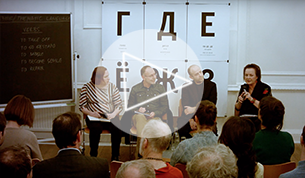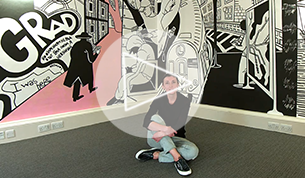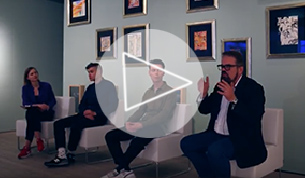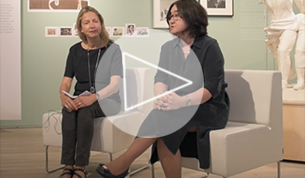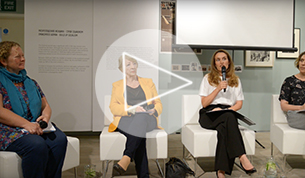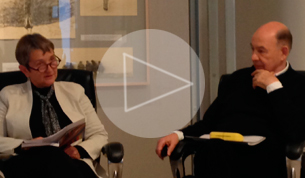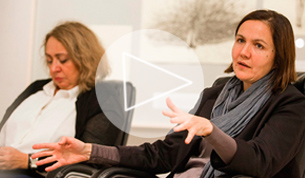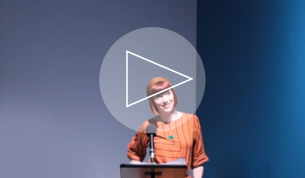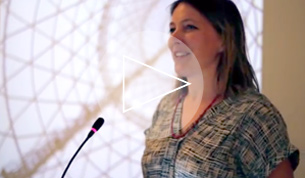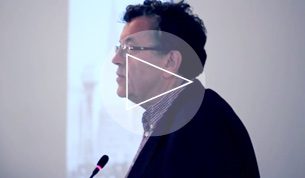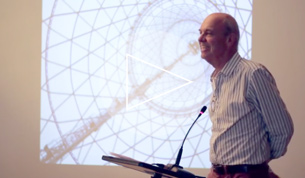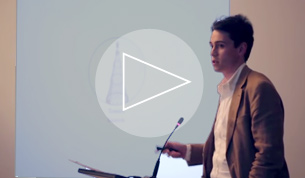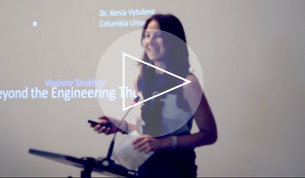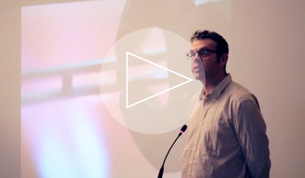Watch
Mother Tongue
Apparition of the Last Soviet Artist in London
ShadowMemory x Art Night Open
Postponed Futures
Superwoman: ‘Work, Build and Don’t Whine'
Unexpected Eisenstein
-
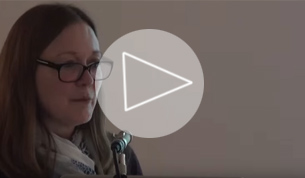 Rachel Morley:
Rachel Morley:
Russian Cinema before 1917 -
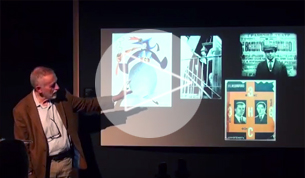 Ian Christie:
Ian Christie:
Besides Eisenstein: Protazanov, Barnet and the new Soviet cinema of the 1920s -
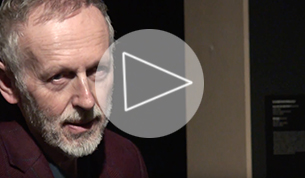 Ian Christie:
Ian Christie:
Maxim and co: creating the new heroes and heroines of the 1930s -
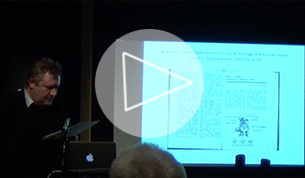 Phil Cavendish:
Phil Cavendish:
Soviet Colour Film, 1929-1945: An Experiment Understood by Very Few -
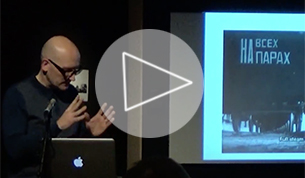 Jeremy Hicks:
Jeremy Hicks:
Meaningful Martyrdom — Death, Revolution and Victory from Lenin to the Reichstag, 1924–45 -
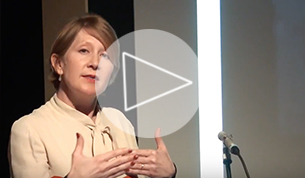 Emma Widdis:
Emma Widdis:
Film and the Making of the New Soviet Person: Bodies, Minds and Feelings -
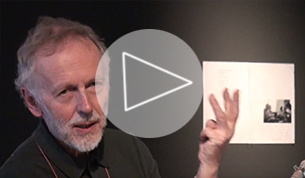 Ian Christie:
Ian Christie:
Hopes and fears: the Soviet New Wave of the 1960s -
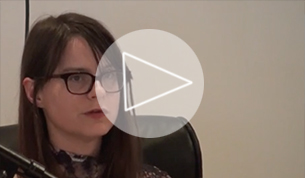 Carmen Gray:
Carmen Gray:
Andrei Tarkovsky: The Citizen Poet and the State -
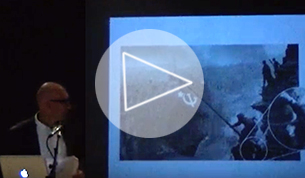 Jeremy Hicks:
Jeremy Hicks:
Reusing War Footage in Russian and Soviet Films, 1945–2015
Peripheral Visions
A Game in Hell. The Great War in Russia
-
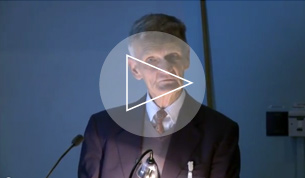 John E. Bowlt:
John E. Bowlt:
Introductory remarks -
 Elena Sudakova:
Elena Sudakova:
'Forgotten Heroes of the Great War' -
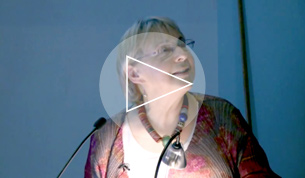 Christina Lodder:
Christina Lodder:
'A Painting Fit for Heroes: Kazimir Malevich's Reservist of the First Division' -
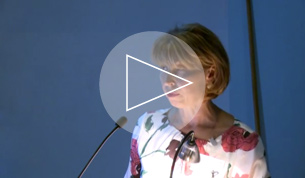 Natalia Budanova:
Natalia Budanova:
'Who Needs the Art Now?': Russian Women Artists Representing the Great War' -
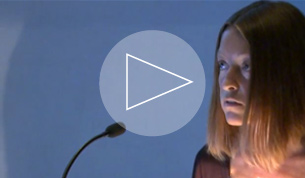 Valentina Parisi:
Valentina Parisi:
'Russian Avant-Garde Circles and the Literary Response to the Great War'
Work and Play Behind the Iron Curtain
The Shabolovka Tower Model
Kino/Film: Soviet Posters of the Silent Screen
-
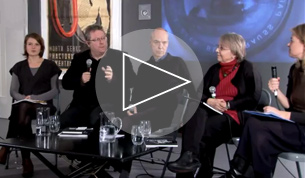 Curators and Special Guests:
Curators and Special Guests:
Panel Discussion with Exhibition -
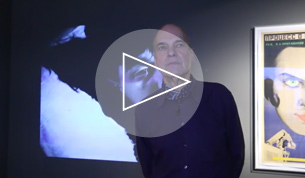 Lutz Becker:
Lutz Becker:
Curator talks: Chess Fever and The Three Million Case -
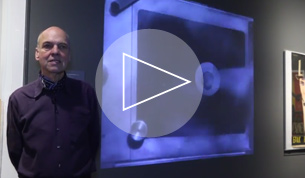 Lutz Becker:
Lutz Becker:
Curator talks: Man with a Movie Camera -
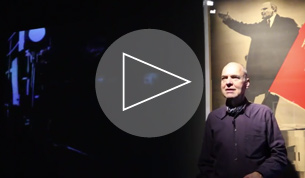 Lutz Becker:
Lutz Becker:
Curator talks: October -
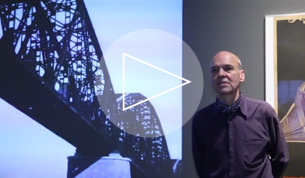 Lutz Becker:
Lutz Becker:
Curator talks: Storm Over Asia and Turksib -
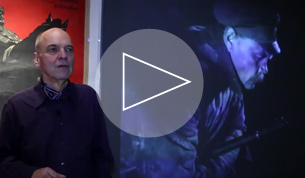 Lutz Becker:
Lutz Becker:
Curator talks: The End of St Petersburg -
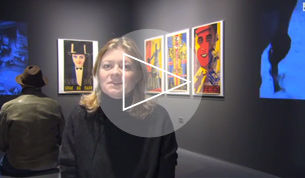 Elena Sudakova:
Elena Sudakova:
Soviet Posters of the Silent Screen
Utopia LTD
-
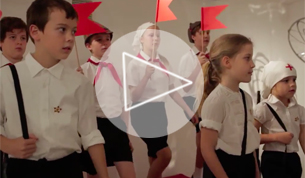 'Inside the Rainbow' Performance:
'Inside the Rainbow' Performance:
Directed by Irina Brown -
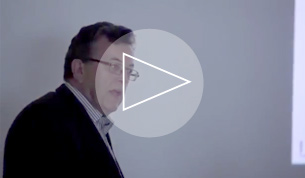 Professor John Milner:
Professor John Milner:
Seminar: 'Re-Constructivism' -
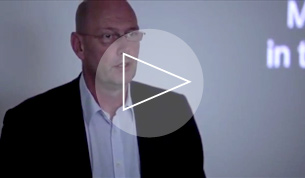 Willem Jan Renders:
Willem Jan Renders:
Seminar: 'After Lissitzky: Reconstructions at the Van Abbemuseum' -
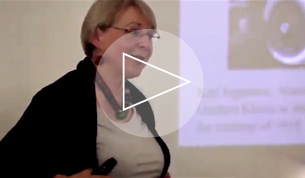 Christina Lodder:
Christina Lodder:
Seminar: 'Gustav Klucis: Transmitting Utopia' -
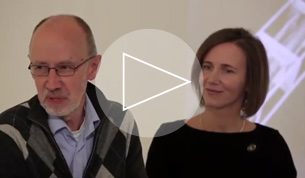 Aleksandr Shklyaruk:
Aleksandr Shklyaruk:
Seminar: 'Klucis and the Materialisation of a Futurist Idea' -
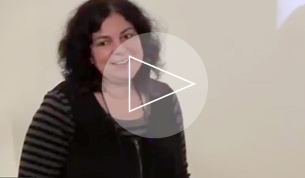 Dr. Maria Tsantsanoglou:
Dr. Maria Tsantsanoglou:
Seminar: 'Tatlin's Legend'
Listen
Superwoman: ‘Work, Build and Don’t Whine'
Unexpected Eisenstein
Bolt
A Game in Hell. The Great War in Russia
Read
Iakov Ruklevskii
(1894–1965)
Iakov Ruklevskii was a prominent Soviet graphic designer and poster artist. He was born in Smolensk in 1894. Ruklevskii studied in private art studios from 1906 to 1915, and in 1924 he moved to Moscow. He commenced his professional career as a designer of theatre bills, and was one of the few artists to design film posters in the early 1920s. His first experiments were met with approval, and in 1924 he was invited to Goskino. From 1924 to 1930 he was head of the Goskino (later Sovkino) advertising department, Reklam Kino. The department was responsible for the making and distribution of film posters across the Soviet Union. Within the department Ruklevskii was engaged with both creative and managerial tasks. As its first director, he established a successful production process and engaged a team of talented young artists and designers, including the Stenberg brothers, Prusakov, Naumov, Dlugach and many others. By 1925 the department set up in-house lithographic printing which allowed the designers to produce a large amount of posters while still controlling the quality. Ruklevskii worked independently as well as in collaboration with other artists, for instance producing a poster for October together with the Stenberg brothers. He participated in the First Exhibition of Film Posters in Moscow in 1925, when the works of Russian artists was exhibited alongside posters from England, France, Sweden, Germany and Italy; as well as the Second Exhibition in 1926 in Tairov’s Kamerny Theatre. Together with his colleague and fellow member of AKhRR, Dlugach, Ruklevskii was an advocate of realism in art. In 1927 he was awarded a medal at the International Exhibition of Decorative Arts in Monza. Apart from film posters, he also produced political posters and stage designs throughout his career. Ruklevskii died in Moscow in 1965.



